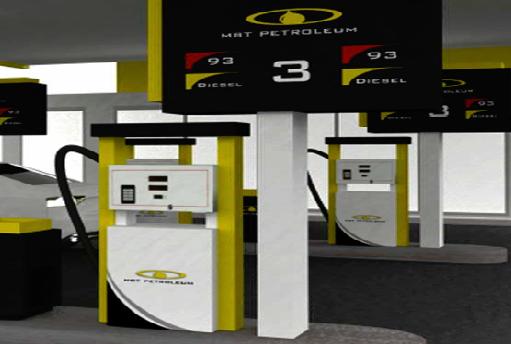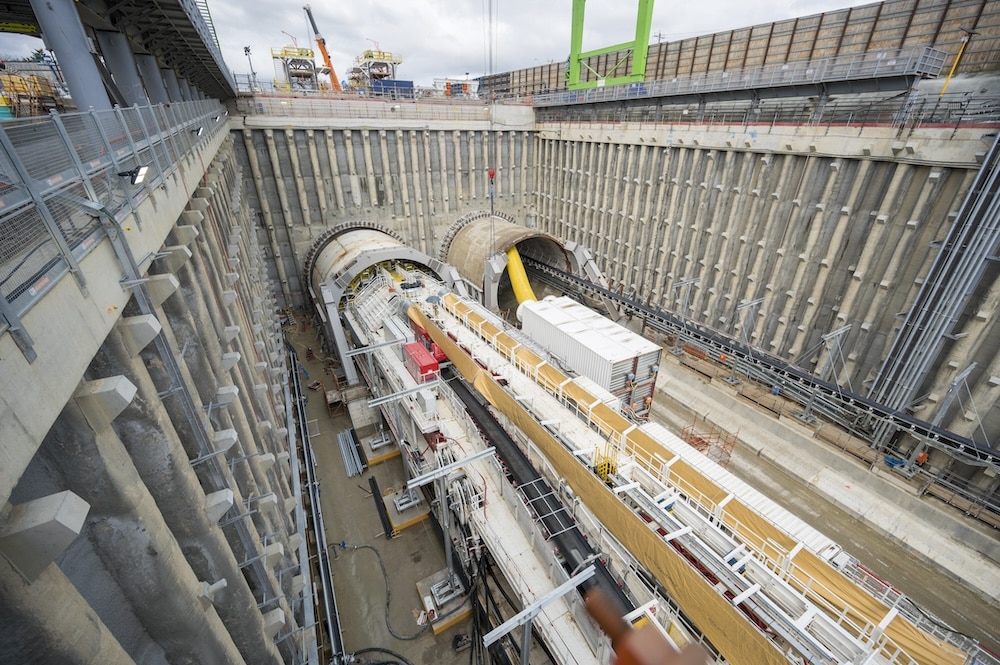
Given the right background and a sound strategy, some businesses can take off like a rocket, as Alan Swaby discovers.
How would you take a start-up business from zero to a turnover of R2 billion in just five years? Well, the way that Johan Fouché did it was by creating an independent fuel wholesaling business, under the auspices of South Africa’s Black Economic Empowerment programme (BEE).
BEE is the country’s mechanism for re-distributing wealth and opportunity. It gives those companies with at least 26 per cent black equity certain benefits. In the case of MBT Petroleum, this was a licence to operate as a wholesaler. Fouché, MBT’s founder and CEO, found a suitable BEE partner in Charles Pietrie, secured a reliable source of product and applied for a licence. Pretoria was chosen as the headquarters for the venture and R30 million was invested in offices, storage facilities at the depot and a fleet of tankers.
But it was Fouché’s 20 years in the business that enabled him to recognise the need for a higher level of service and how his fledgling company could deliver. “At the retail level,” he explains, “the pump price is regulated by the government. The price increases progressively the further from the coast petrol is sold but within geographical areas, no one brand has a price advantage over another. But outside the retail sector, the market is much more open.”
The government has ring-fenced refining and wholesale operations from retail, and oil companies are not allowed to have retail licences. This means that while a petrol station might carry the logo of a particular brand of fuel, it will be owned and operated by an independent franchise holder—so selling franchises is a lucrative revenue stream. In the case of MBT, at a typical price of R2 million, Fouché reckons that his operators are paying less than half what they would pay to buy into a multi-national name.
“Currently,” he says, “we have 35 outlets being serviced by MBT of which five of the outlets carry the MBT livery. MBT is also in the process of re-branding a number of other sites, many of them ‘white sites’ as they are known here. Within the next four years we expect to have around 150 MBT sites.”
Even so, 150 petrol stations isn’t many in a country the size of South Africa; and by themselves they’re not going to generate that kind of turnover. In fact, it’s on the commercial side of the distribution chain where the greatest gains have been made, and also where the market is unregulated and conducive to a more entrepreneurial attitude.
Without a shred of concern for the huge areas to be covered, MBT deals directly with agricultural, industrial and mining customers in all corners of the country. One of the issues Fouché identified as a weakness of the previous situation was its tardiness in meeting delivery promises. MBT has won business by keeping the simple promise to deliver product anywhere within 48 hours of an order being placed.
Perhaps the most remarkable aspect of the business is just how much is being done by so few people. The head office in Pretoria is staffed by just 17 people and MBT has 20 drivers driving company-owned trucks but supplemented by subcontracted haulage. “We have an operation bigger than most listed companies,” says Fouché, “and yet it’s run by a handful of people.”
MBT is a wholesaler without the means to produce its own petroleum products. Consequently, any product sourced from within South Africa will come from competitors. But this is where the BEE programme is really clever: not only does MBT score points by having black equity partners, suppliers score points for dealing with BEE inspired businesses. And in South Africa, points mean rewards.
When setting up MBT, the first action was to negotiate an evergreen agreement with Sasol for a certain volume of fuel. But by itself, this is no longer enough. Already MBT is looking to BP and Total for 40 per cent of its needs—and still this is insufficient, requiring MBT to import product direct from the Middle East.
Bizarrely, sourcing product this way doesn’t make its prices uncompetitive so theoretically, MBT could source everything from outside the country. Once again, though, there is a hurdle: all the storage tanks and petroleum handling facilities at suitable harbours are already owned by competitors. MBT can negotiate to use them but not with a free hand.
“So far,” says Fouché, “we’ve doubled the size of the business every consecutive year but our ability to continue doing so depends on more control over the supplies we need. We have excellent partnership agreements with South African oil companies but we’d prefer our destiny not to be in the hands of others.”
The solution is to form a new set of strategic partnerships that will give MBT the facilities it needs to import product direct from the Middle East. “We are busy securing our own docking and storage infrastructure in Maputo—capital of Mozambique. The port there is the closest possible to Pretoria and will cost us less than shipping and offloading in Durban.”
In keeping with its company slogan—‘Motivated beyond tomorrow’—MBT has various objectives for the future, over and above the desire to grow and win market share. Like many progressive companies, it is conscious of its carbon footprint and wishes to reduce the impact it has on the environment as a whole. Plans are being prepared to have the first green service station in South Africa—hydrocarbons will be replaced with bio-fuels and alternative non-hydrocarbon options also included.
The independent network model that MBT has created is no longer unique and similar BEE-based networks have sprung up. But it’s difficult to image them having a greater depth of understanding or first-hand experience of the industry; or to be able to function in the same lean manner achieved by MBT.












